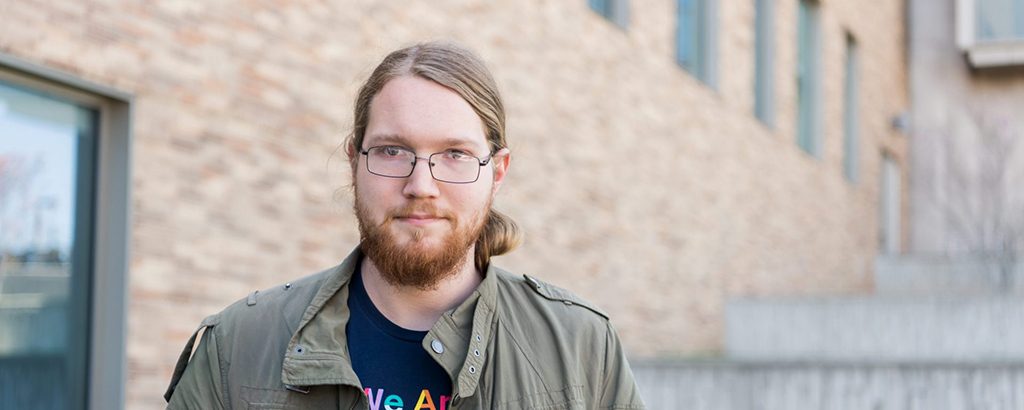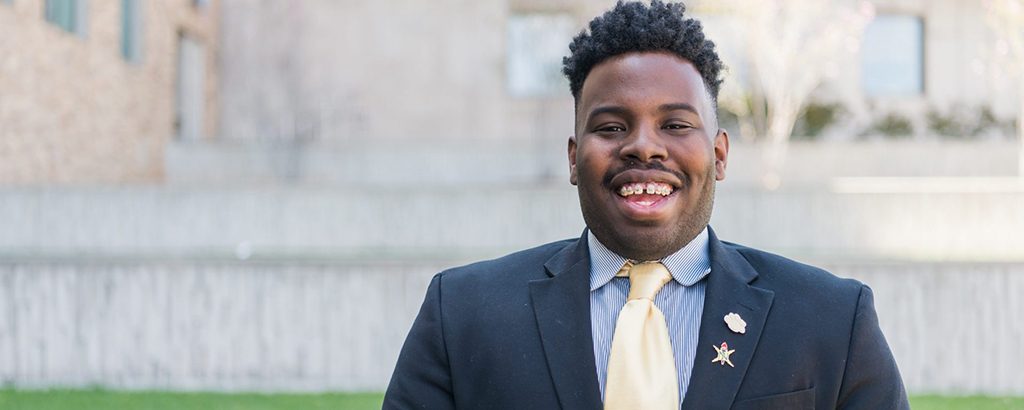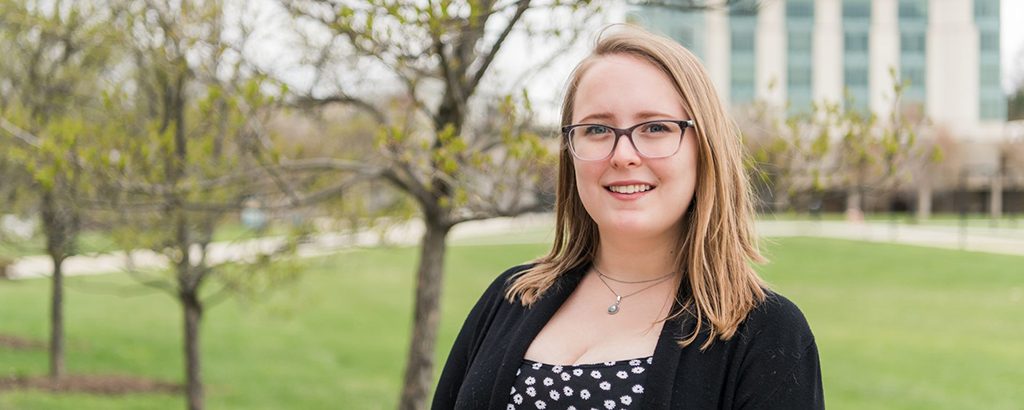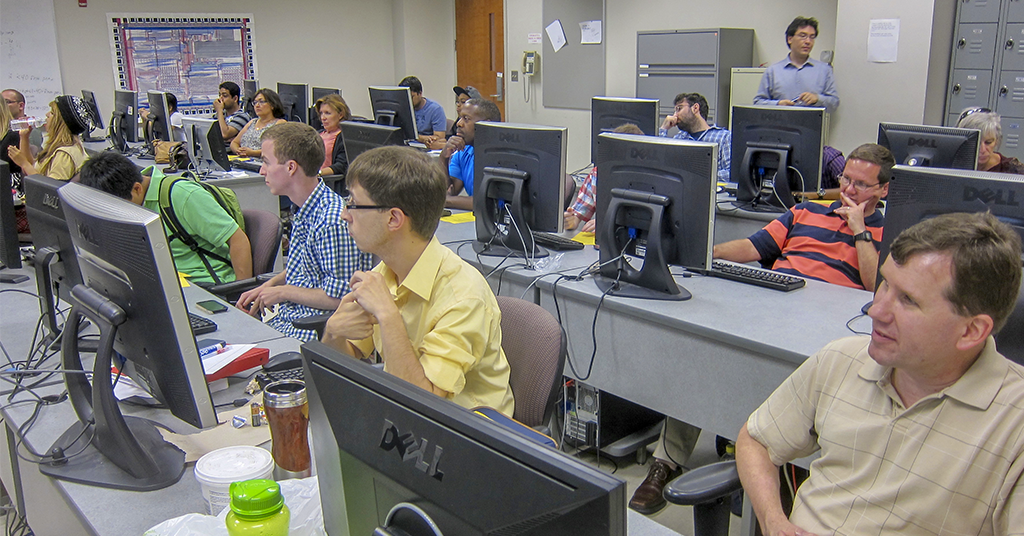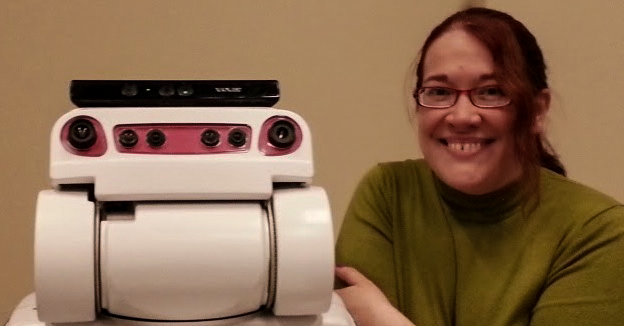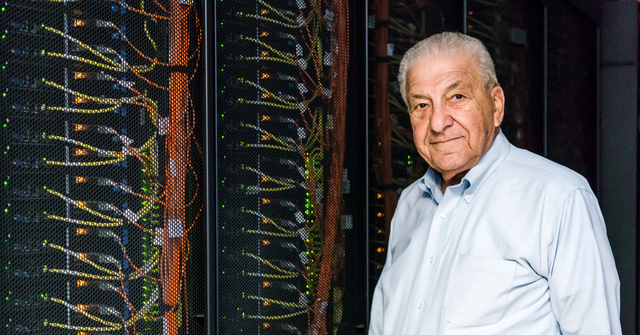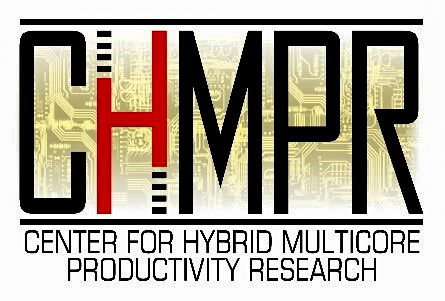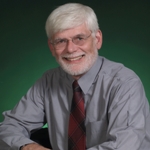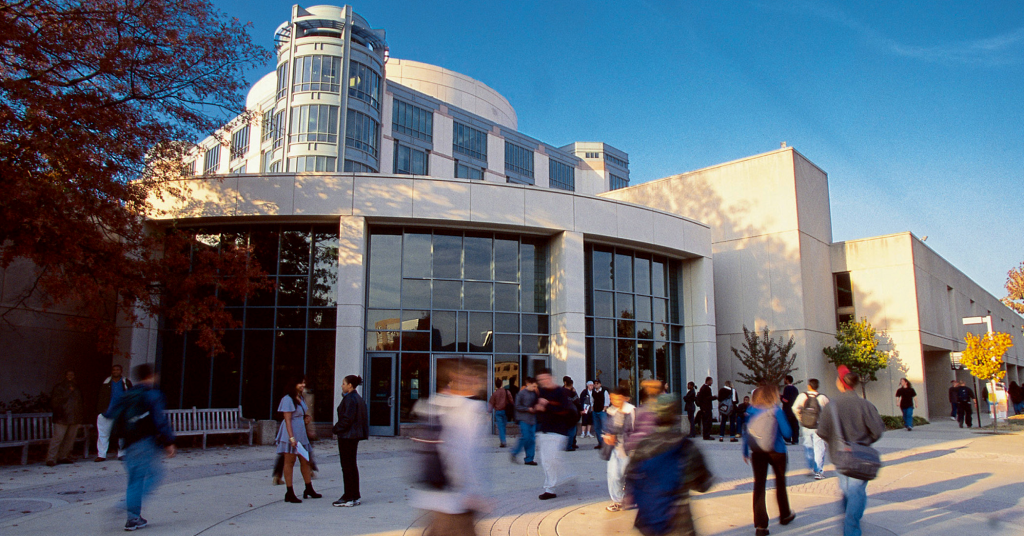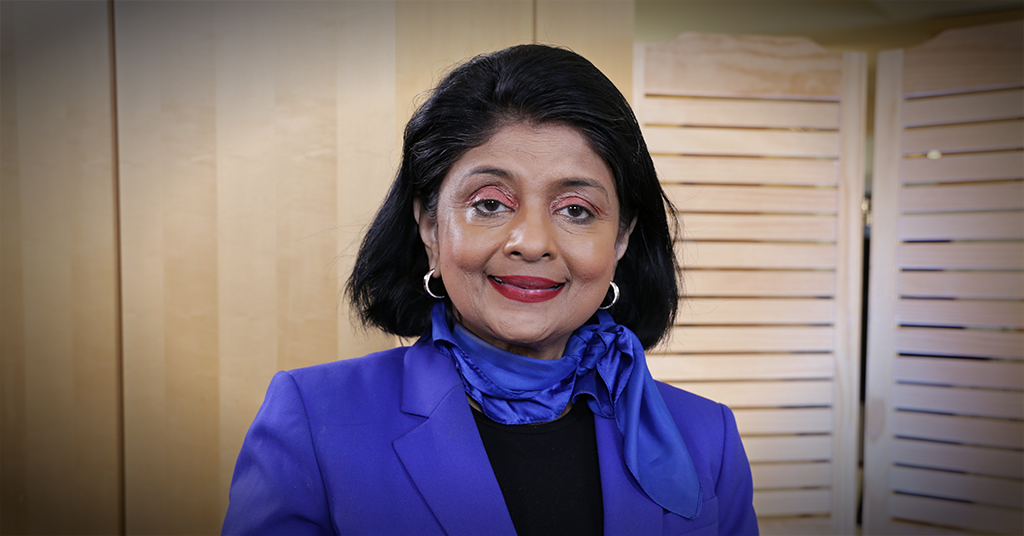Bryan Vanek, president of national champion CyberDawgs team, heads to computer security career
UMBC students have rewritten the record books in 2018. With graduation this week, and our soon-to-be new Retriever alumni preparing for graduate school, careers, and research around the world, we reflect on all they have achieved. Here is a CSEE student profile from the class of 2018.
Bryan Vanek
B.S., Computer Science
Minor: Mathematics
Cum Laude
Hometown: Frederick, Maryland
Plans: Computer Network Operations Development Program, U.S. Department of Defense
If it weren’t for the incredible mentors, teachers, and students at this school, I would not be the security researcher and professional that I am today.
When Bryan Vanek transferred to UMBC from Frederick Community College, he focused on building connections with classmates and professors, which proved incredibly valuable as he developed a passion for computer science and cybersecurity, and sought out new opportunities to grow.
Vanek became president of UMBC’s Cyber Dawgs team, which took first place at the 2017 National Collegiate Cyber Defense Competition. Following that major victory, he has continued to serve as Cyber Dawgs president, while also participating in other cybersecurity competitions, including the Wargames capture the flag event at the international DEFCON conference, where he placed 42nd overall.
The Center for Women in Technology provided mentorship and support to Vanek, who is a Transfer Scholar in Information Technology and Engineering (T-SITE) Scholar. He says that the Cyber Dawgs team and CWIT program have helped him to develop skills necessary for success in a computer science career. Vanek gives back by serving as a mentor in cybersecurity at Exerceo, a nonprofit which provides skill development opportunities to high school students, college students, and young adults.
Vanek also completed two internships at the U.S. Department of Defense (DoD) while at UMBC. These positions led to an exciting job offer for him, as a member of the Computer Network Operations Development Program at the DoD. Vanek credits “professors that continually showed a vested and fervent interest in my success” and UMBC’s connections with a robust networks of employers with empowering him to plan and pursue a cybersecurity career.
Adapted from a UMBC News article by Megan Hanks. Portrait by Marlayna Demond ’11 for UMBC.

